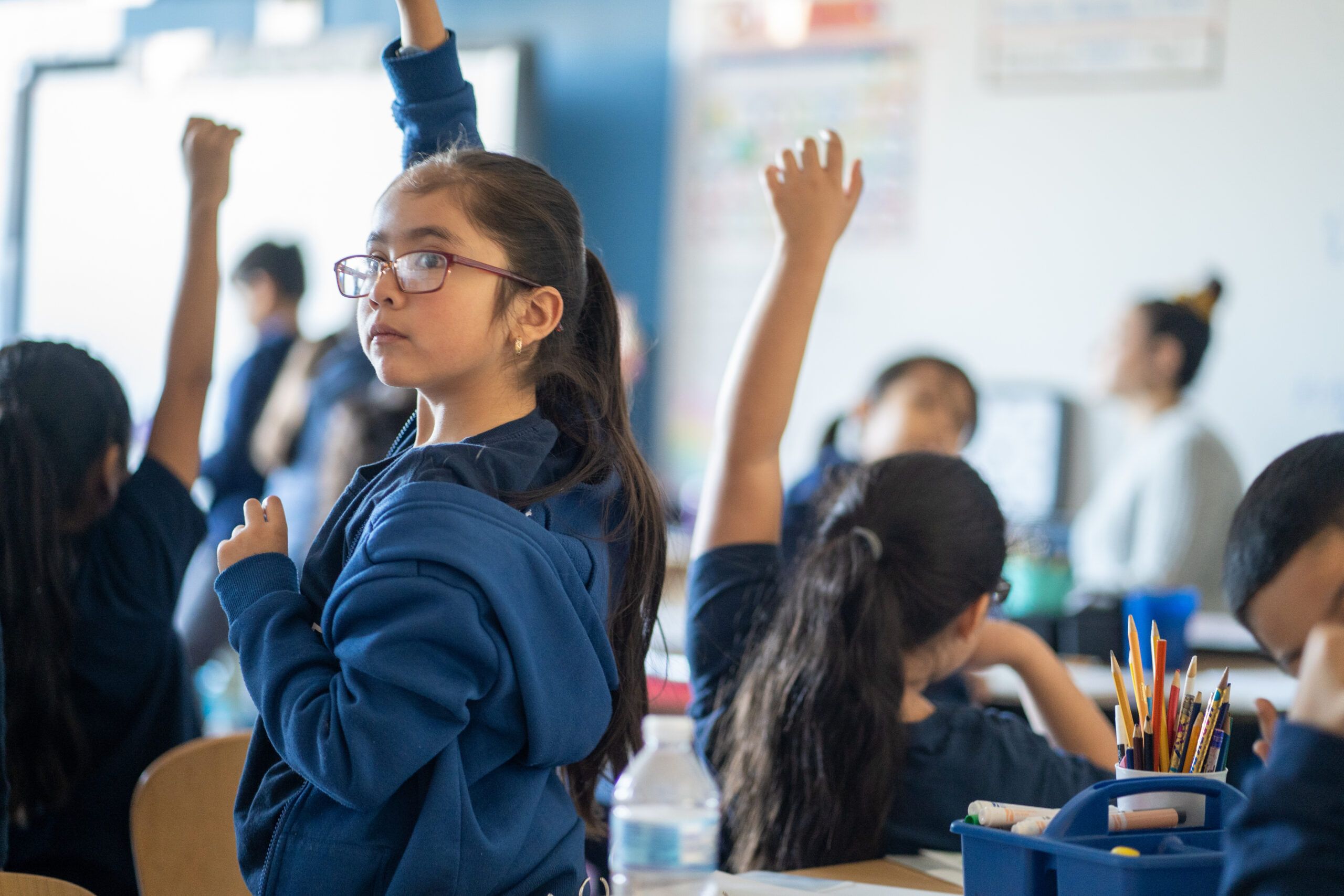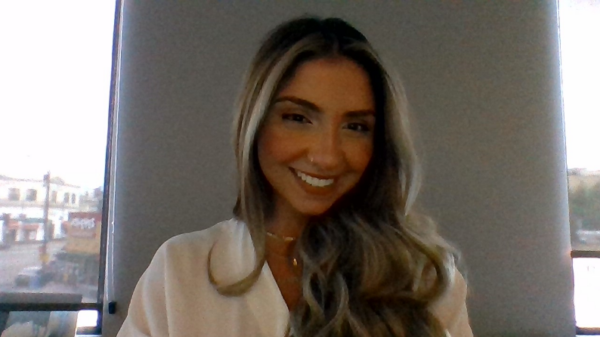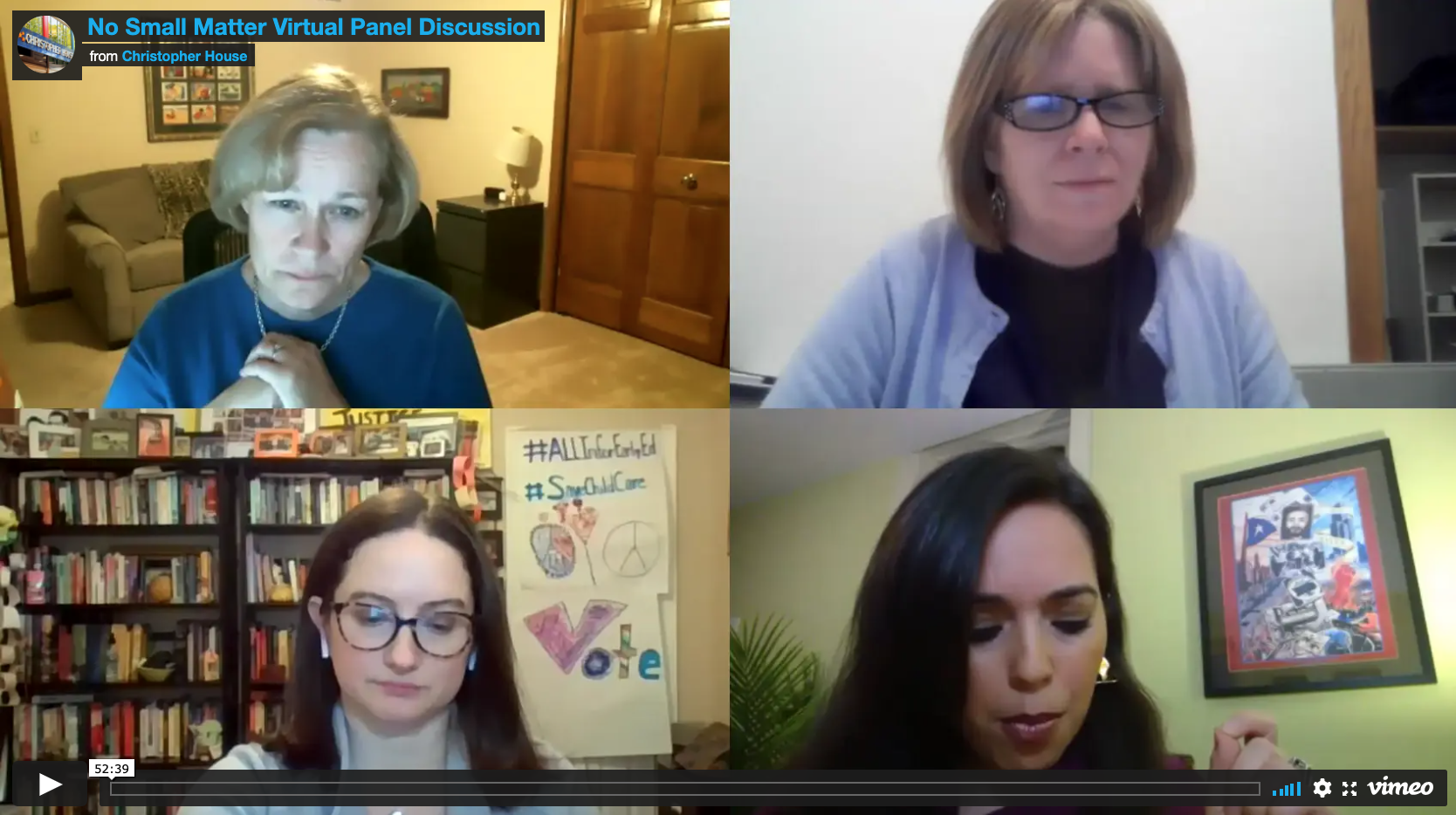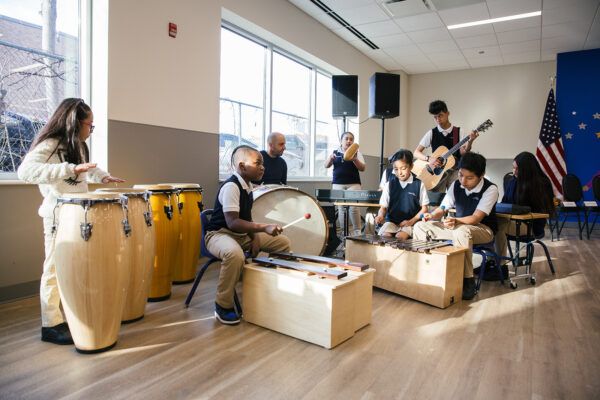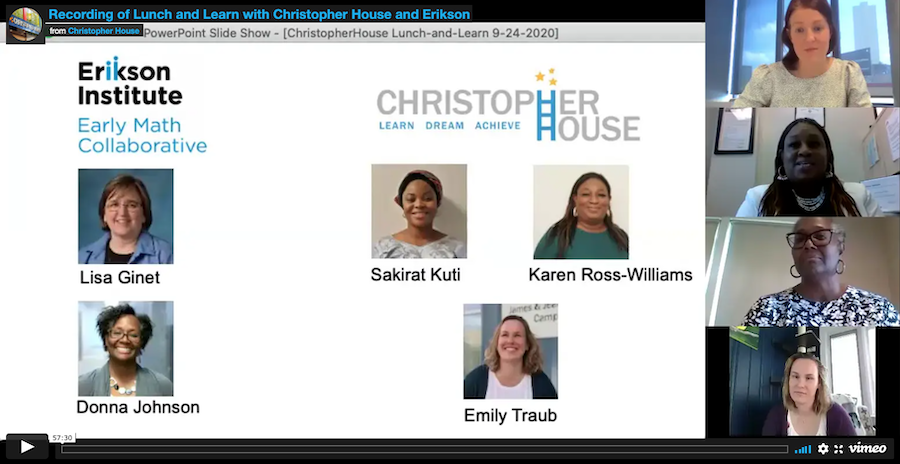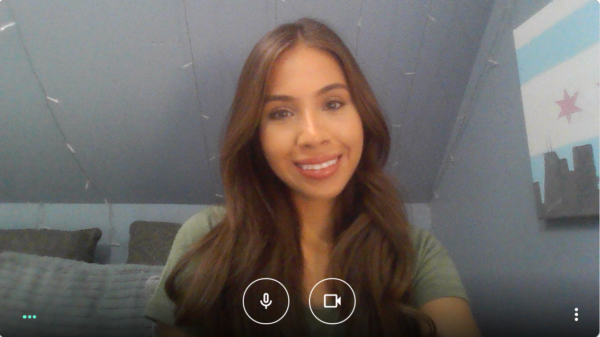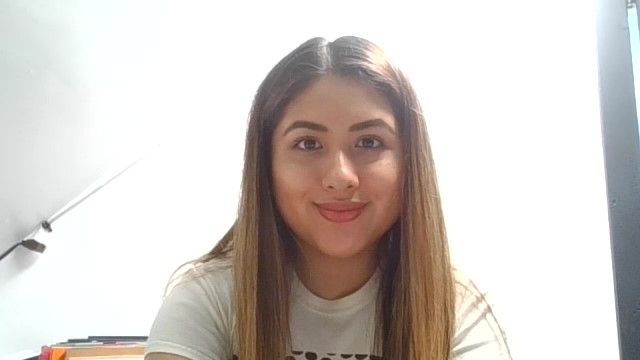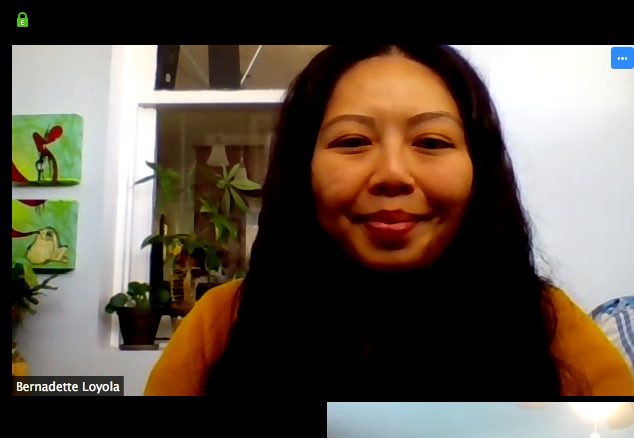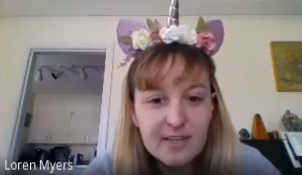How to Talk to Middle Schoolers About Race, Equity, and Social Justice: A Conversation with Ramon Goggins, Global Awareness Teacher
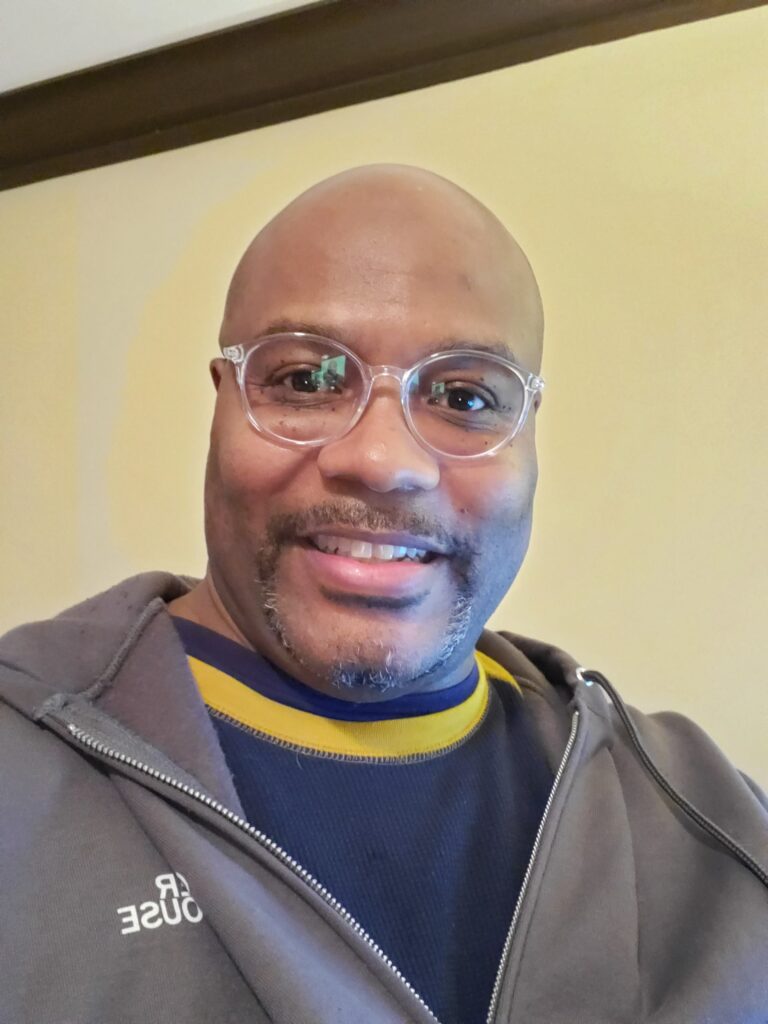
What is your title? What class do you teach and what grades?
I’m our Middle School Global Awareness teacher, which is a blend of social studies and civics. I teach 6th through 8th grade.
My class curriculum is based on social justice and civics. We try to blend in social justice with anything we would teach in a typical social studies class – geographies, politics, economy.
How long have you been at Christopher House? What draws you to this work and Christopher House?
This is my third year teaching at Christopher House. I really love teaching social studies, and the entire organization is based on the wellbeing of our students and their families. I can see just how beneficial that is not only to the students, but to our staff and families as well. I know I’m at a very special place.
Can you explain what the social justice standards are?
This year, we started implementing Teaching Tolerance’s K-12 social justice standards into every elementary and middle school class. The standards have four categories—identity, diversity, justice, and action. At Christopher House, we’ve been having these conversations in the classroom for years, but now we are officially following the standards.
The social justice standards focus on how people are being treated and how they are perceived in society. I try to implement these into every lesson. It doesn’t really matter the content; there’s always a social justice angle for how it affects the society.
The justice and action standards are most relevant to Global Awareness. In the action standard, we move beyond just teaching and give students the opportunity to see that their thoughts and actions can help others.
What do the standards look like in the classroom?

A social studies teacher could not be more fortunate because this year, we’ve had so many events to talk about in the classroom. For example, today, we talked about white privilege, which aligns with the justice standard. After the insurrection on the Capitol, we talked about the constitution, systemic racism, the 25th amendment and how that could affect the presidency, police brutality, and equal protection under the law.
I think of my classroom as a living, breathing classroom—I’m not a worksheet person. The class is driven around what’s actually going on, so our sources are unlimited. I encourage students to find and fact check information to make sure it’s reliable and not opinion-based. We take resources from many different places, like newsela, which has articles on current events geared toward young people, and PBSLearningMedia.
The foundation of Global Awareness is sifting through media and determining what can be used. We talk about evaluating sources, where the information is coming from, if the information is biased. Students need to be able to determine whether something is real or fake. We’re surrounded by so many different avenues of information, which is why you need different sources and critical thinking skills.
How have you addressed the political and social unrest and violence this year with your scholars?
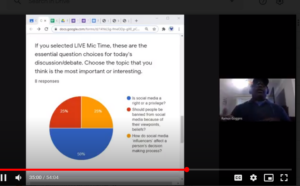 We’ve had forums on pretty much every current event that has taken place in the past year: Black Lives Matter, COVID, the vaccine rollout. My students have written op eds about Black Lives Matter, and we’ve talked about the murder of Breonna Taylor and written reflections on that. We’re now going to be focusing on the election and the aftermath of the Trump presidency.
We’ve had forums on pretty much every current event that has taken place in the past year: Black Lives Matter, COVID, the vaccine rollout. My students have written op eds about Black Lives Matter, and we’ve talked about the murder of Breonna Taylor and written reflections on that. We’re now going to be focusing on the election and the aftermath of the Trump presidency.
Every week, we have Mic Time, which is like a townhall. Students can request mic time and give their take on things. It’s been one of the best things we’ve done, and remote learning is kind of making that happen. Students can continue the conversation in the chat while someone is sharing.
What role does education play in building a brighter, more equitable future?
When it comes to social justice, we have to be able to engage with our students. If there’s something that is not right or an injustice—even if it happened 500 years ago—we need to call those things out. We need to discuss how that society handled it then and how it affects the world today.
We also need to give students the skills to be critical thinkers. Don’t sell the students short , respect what they have to say. We shouldn’t refrain from discussing things because they’re too heavy. As educators, we need to bring the real world into a safe place to discuss and see how these things relate to our students.
If your class is vibrant, the kids will be engaged. I tell my students all the time, I’m very proud of them, and I’m happy to come to work. I look forward to coming to class.
Since COVID, there have been so many news stories, and they’re all relevant to everybody. There’s no one who can say it doesn’t affect me. It’s just really made my students more aware.
After the year we’ve had, what makes you hopeful?
My students are going to be a little bit stronger than they would’ve been without this tough year. One of the biggest things is that students are really getting to see how systemic racism and social inequity is so pervasive in almost every aspect of the American culture and way of life. I’m hopeful they can see these examples and say, this is what will be needed to reverse this. They’ll approach things from the lens of, how can we make this better? That is my hope.
